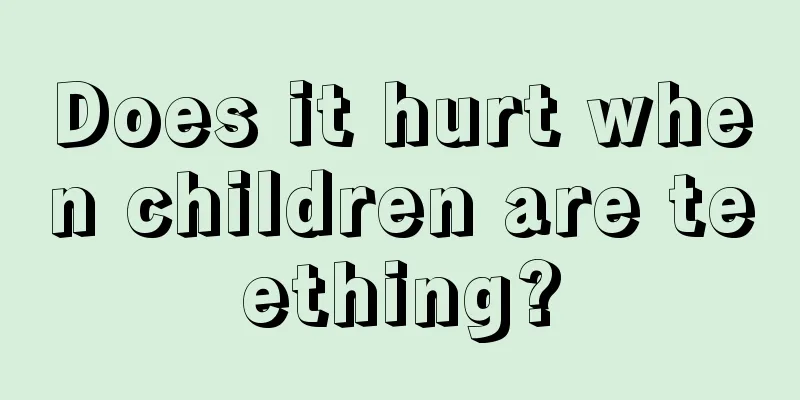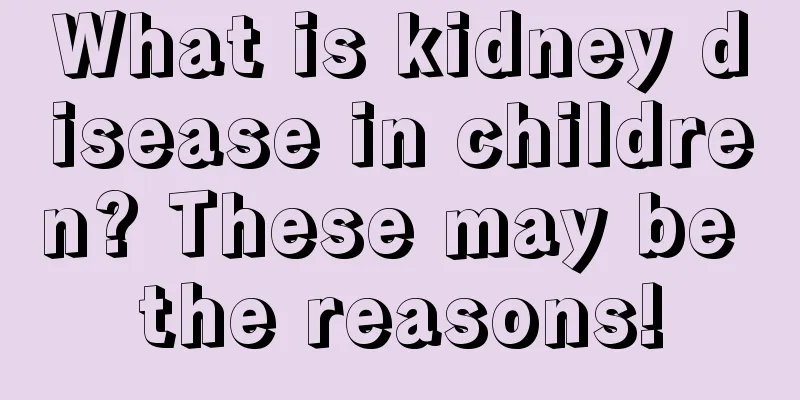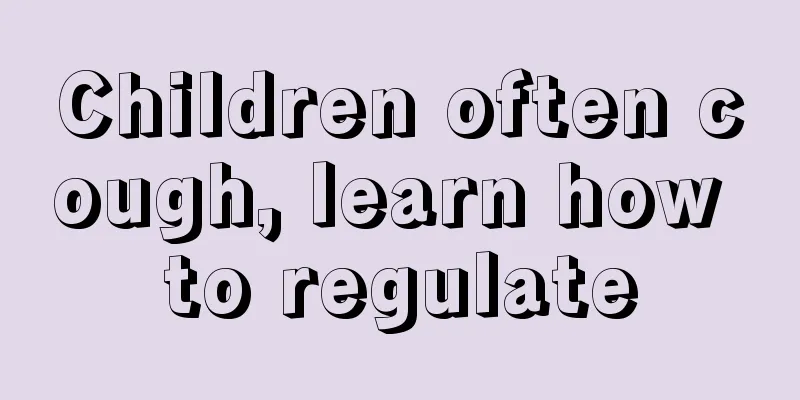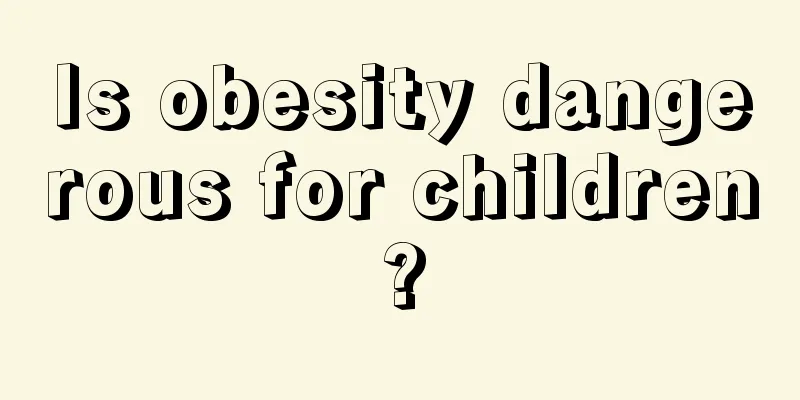Does it hurt when children are teething?

|
Nowadays, many new mothers do not know the reasons for their babies' frequent drooling and incessant crying at night, so they don't know where to start when faced with the situation. In fact, this is most likely some of the reactions your baby is experiencing when he is experiencing "teething pain". However, many new mothers do not understand these things, so it is difficult for them to detect these symptoms of their babies and respond in time. Now let me teach new mothers some of their babies’ physiological reactions and coping measures! 1. Drooling When the baby is 6 to 7 months old, the deciduous teeth begin to erupt, stimulating the trigeminal nerve and increasing the amount of saliva secretion. In addition, the baby's oral capacity is small and he cannot swallow or regulate the saliva in the mouth, which causes drooling. Countermeasures: Pay attention to your baby's personal hygiene and wipe off the saliva in time with a clean and soft handkerchief or tissue. Collars and lapels should be changed and washed frequently. To protect the baby's chin and chest skin, you can place a piece of clean gauze or a bib. 2. Red cheeks or red spots Most cases are caused by saliva coming into contact with the skin on the cheeks, jaw, neck, and chest, causing a slightly swollen, red rash. Countermeasures: Once you find your baby drooling, wipe it off immediately to keep the local skin clean and dry. Change your handkerchiefs frequently and try to minimize contact between saliva and skin on your cheeks, chest, etc. 3. Swollen or itchy gums Every child will experience a period of teething pain, which is usually manifested by toothache, itchy teeth, and a liking to chew things. The baby's gums may feel uncomfortable because the gum nerves are stimulated when the teeth erupt. Countermeasures: The mother washes her hands and gently massages the baby's gums with one finger, which is very effective in relieving pain. 4. Crying and having a bad temper It's normal for babies to be irritable when they're teething. Of course, we must first rule out whether the baby is calcium deficient, because calcium deficiency can also cause symptoms such as irritability and restlessness. It is best to take the baby to the hospital to check for trace elements. Countermeasures: When babies cry and have bad tempers during the teething period, parents should comfort them gently, spend more time playing with them, and let them focus on the games to distract their attention and reduce anxiety. In short, except for a few babies, most babies will not feel pain when teething, but they will generally feel uncomfortable and irritable. The editor suggests that new parents can use moist gauze, teething sticks and other items and put them into the child's mouth to help him rub his gums to relieve his discomfort, which will be helpful to him. |
<<: When is the best time for children to have teeth erupt?
>>: What causes joint cracking in children?
Recommend
Why do children have red eyes?
We know that under normal circumstances, human ey...
Why does the baby blink so hard?
It is normal for children to blink their eyes, be...
The reason why the baby's stomach is a little hard
In people's lives, many young mothers may be ...
The child has a fever and his body is hot and his feet are cold
Children usually won’t tell when they have a feve...
Is it okay for children to take a nap?
Is it good for children to take a nap? This quest...
How many times a day should a baby be bathed
The weather is hot in summer and children sweat e...
The child does not eat breast milk but only eats from a bottle
Because babies mainly bite the mother's nippl...
There is a soft bump on the baby's head
Parents hope that their newborn babies are health...
What are the symptoms of congenital hip dysplasia in children?
There are many congenital diseases in children, a...
Is there a white spot on the child's forehead vitiligo?
When white spots appear on the child's forehe...
Baby has a high fever of 40 degrees and cold hands and feet
We all know that babies have very poor resistance...
What to do if your child keeps coughing
Children's cough is the most worrying problem...
The child keeps coughing
A child's body is in the golden stage of grow...
What causes a child's heart rate to be inconsistent with the normal heart rate?
Children are the entire hope of the family, so th...
What are the symptoms of children with congenital heart disease?
Congenital heart disease will affect and threaten...









